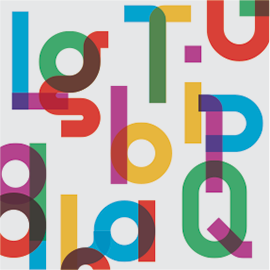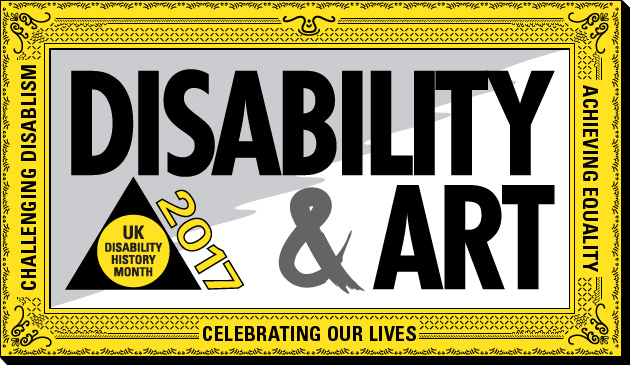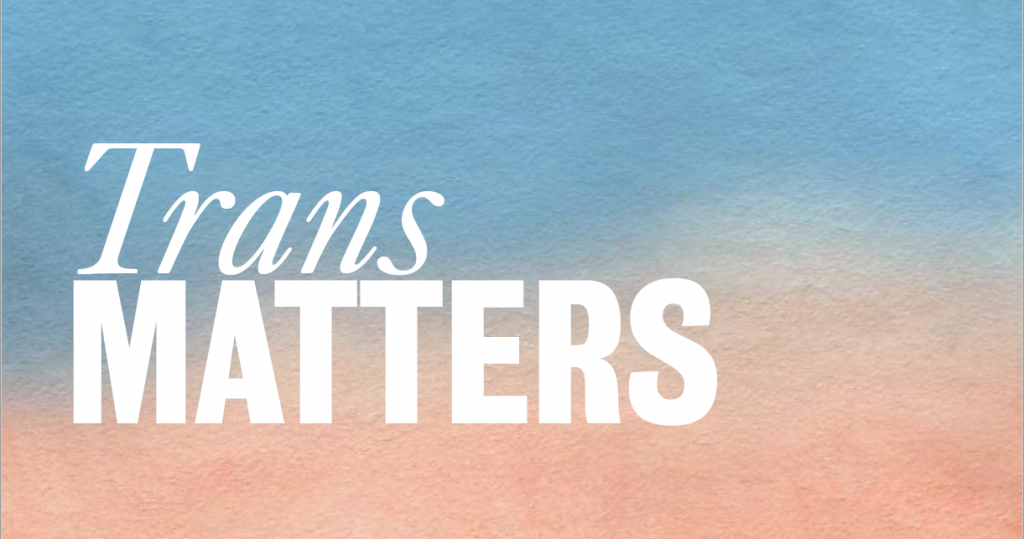Sarah Guerra – Director, Diversity & Inclusion
I chair the It Stops Here Taskforce.
I proposed this idea to the Principal quite soon after my arrival at King’s last year. Before I go any further I should note that It Stops Here wasn’t my brainchild. Hana Riazuddin and Alison Stenton have played a key role in leading King’s activity and set us on our path to realise our zero-tolerance ambition in relation to harassment, bullying and discrimination. Their determination and commitment created the strong foundations on which we are building. As Director of Diversity & Inclusion, it didn’t take me long to identify harassment as one of my top priorities.
Firstly, inclusion is about the environment and culture we are in and comes from how we feel on an everyday basis. Any behaviour, attitude or system that imposes limits and makes us feel uncomfortable or apprehensive means ‘inclusion’ for all is hampered. Both deliberate and unwitting forms of harassment, bullying and discrimination occur every single day and many are not challenged effectively, or at all, something that needs to be explored and dealt with. That would probably be reason enough on its own however reviewing the UUK Change the Culture report and various pieces of evidence from the higher education sector triggered memories of one of my own personal experiences, way back when I was an undergraduate.
I don’t tell this story to overshare or to garner sympathy and I would like to forewarn readers that the following contains thematic elements that some may find upsetting. I do so to expose how simple, naïve decisions can lead to something completely unexpected that has a long-term impact.
After failing to make the grades for a place at Sheffield or Liverpool, I ended up going to university in London. The vagaries of the English A level examining bodies that year meant that my exam contained a question that was pretty maverick (that’s my story and I’m sticking to it!) so I got a D rather than the C or B I needed leading me into clearing! Being offered a place at the University of North London and being determined to have get the full “campus experience”, I moved into Halls even though I could have commuted from home (I can talk in another blog about being the child of immigrants and having no idea or support in navigating the path to higher education!).
Those first few weeks were such great fun. All that I had imagined – new people, lots of socialising, drinking, hanging out together in the common areas, kitchens and people’s rooms. I had a boyfriend a year or two ahead of me who was studying at Imperial and we agreed on a period of distance so I could make the most of my new home and be free to meet new friends. The halls I stayed in were in blocks of 12 rooms, housing around 150 people.
I quickly fell into a small friendship group made up of 4 or 5 lads who had known each other before and some girls from different places. One of the boys, let’s call him Ben, lived in a house miles away and had mates who lived in the residence. He was around a lot and, I think, generally slept on his friend’s floors. For some reason, that I really can’t remember, one night he found himself stranded and I offered him my floor to spend the night, which led to a sporadic pattern of him borrowing my floor as a bed. There was obviously talk and assumptions – but from my perspective and as far as I could tell his, it was platonic and convenient -we were mates. I couldn’t tell you how many nights he stayed in my room – on the floor! I mentioned it to my boyfriend and everything.
Anyway, one night, who knows what was different, he just got into bed with me. I was like – what?! He claimed – it’s just to sleep – just a bit more comfortable. It wasn’t ok but I wasn’t particularly frightened more puzzled and surprised. My recollection is that we were in, what I felt to be, this awkward position for about 10 minutes. I was trying to decide what I thought and what to do. I think, it felt like it might be a poor joke and then one of my best friends knocked on the door. I remember thinking – oh good this will resolve now without any confrontation.
I went to call out to come in, but before I could, Ben climbed on top of me and put his hand over my mouth. That’s when I realised things were in a completely different place. I froze. I stopped trying to talk. My friend, after hanging about for a short while, went away. This was in an age before mobile phones – so if someone didn’t answer the door that was that.
There we were, Ben on top of me with hand over my mouth, me frozen. When I think back now, the memory is so clear but at the same time, hazy. I can say, while it didn’t get any worse, in that he didn’t further assault or rape me, it was still a horrible experience. He didn’t ‘free’ me. We lay there like that for hours. He talked to me and I stayed quiet. I calculated how long it might be before someone thought more about me not being somewhere and might come and look for me again. I wondered if I could bite him or if I should scream. I wondered if I should pretend that I liked it. I thought about what everyone else thought and how they had all assumed we were sleeping together anyway. I felt such an idiot. How had a misread this so badly? What had I done?
At some point I must have fallen asleep. That, I know seems unbelievable and might seem like I wasn’t as scared as I was. I can’t explain that – but it’s what happened! When I woke up he was back on the floor. I lay for a few minutes wondering what would happen if I tried to leave. In the end I did without any issues. I didn’t tell anyone straight away. I just went to a friend’s room and found some reason for them to come back with me. He was gone.
Looking back, I realise it never occurred to me to report what happened. It never occurred to me that I could get any support. I was upset and scared. I was feeling stupid and slutty and was scared that people wouldn’t believe me. I was nervous something worse might happen. I wondered if everyone knew anyway? I thought it was my own fault – that’s what you get if you invite someone to share your room.
What did I want to happen? I don’t know if I would have known. What would I want now? Certainly for it not to happen again. For him not to do it to anyone else and probably to be told I didn’t do anything wrong. To be assured that inviting someone to do something like sleep on your floor is just that. That it doesn’t reduce your agency or ability to decide what happens in your personal space, to your body.
I never shared this experience at the time in any serious way – I mentioned it to a couple of friends but laughed it off. The days, weeks and months that followed were characterised with a significant awkwardness and discomfort. I spent a lot of time thinking and rethinking whether to do particular things, whether to go to particular events and feeling nervous and not knowing what to do when finding myself in proximity to him. Wondering what he was thinking and what everyone else knew and was thinking.
This story is nowhere near as horrific or traumatic as it could have been. It was an experience that was about someone not understanding or caring about consent or personal space. It was a story about naiveté and a lack of confidence or belief that there could or would be any support. I think myself fortunate that whilst it was unpleasant I had no significant long term effects from it. He gradually faded from my life and I rarely think about the specifics of the incident. Though I have thought a lot about how all these things are things that I don’t want anyone at King’s to feel unclear about, on either side of the picture, or have to suffer alone or in silence.
My experience encapsulates so much of the grey area that surrounds harassment and consent to this day. I hope it will help readers understand why it is so important to be committed to ensuring we as a King’s community must ensure we act concertedly to ensure It Stops Here and a zero-tolerance approach to harassment are more than catchy straplines. They need to be the standard of behaviour expected of us as part of the King’s community. We need to be clear about our responsibility to challenge impropriety and we need to be sure that support is available and accessed by anyone who needs it. They need to statements that everyone believes are rock solid if we are to have a truly inclusive community.




